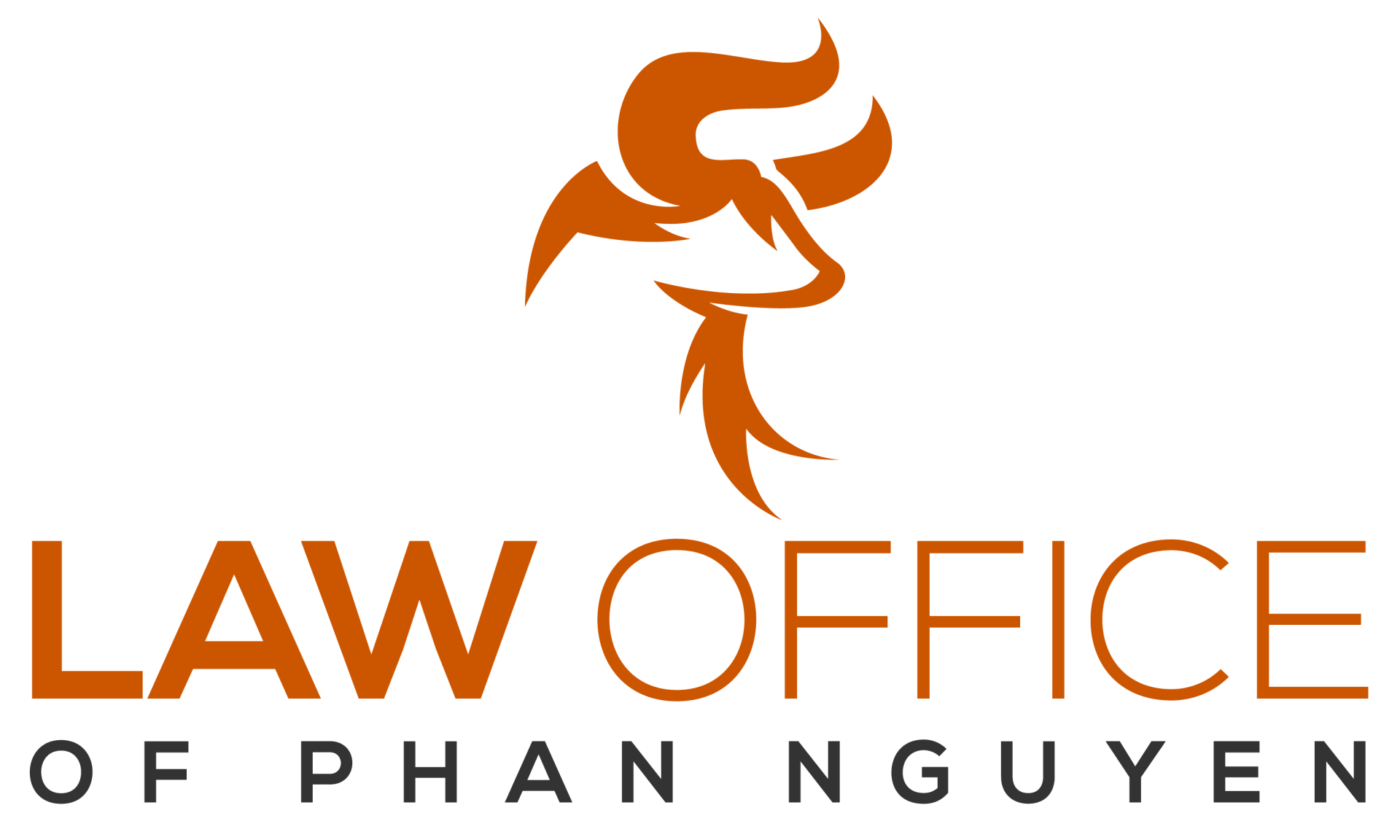How will the Big Beautiful Bill affect immigrants?
The bill, also known as the H.R. 1 Reconciliation Bill, is a spending bill that causes major changes to the immigration system. One of the biggest changes, likely affecting all immigrants applying for status, is the new fee schedule— even applications that used to be free, such as asylum, have been heavily impacted by the bill.
The strain on finances is not the only effect caused by these fees, for individuals with filing deadlines, this can lead to a serious issue. If the wrong fee is submitted with your application, it may be immediately rejected, and without any extension, there will be no filing in the system, which may lead to a final removal order.
Some applications have experienced drastic changes. Some include:
- I-765, Application for Employment Authorization, many categories, including those under DACA, will experience a $520 fee + additional fees, though certain waivers will still apply - EOIR-29, Notice of Appeal, will cost $1010 to file
- EOIR-42, Application for Cancellation of Removal, Nonpermanent Residents will face a $1600 fee + additional fees, and Permanent Residents will face a $700 fee + additional fees - I-821, Application for Temporary Protected Status, will carry $500 + additional fees for first time applicants
These are only some of the changes made, so it's important that you check out the USCIS G-1055, Fee Schedule before submitting your application. The bill also introduced a new US integrity fee; this fee applies to all nonimmigrant visas (except official and diplomatic visas) and will be $250 per visa.
Travel Bans
Alongside fee increases, the administration has also issued travel bans for many countries in the name of national security. Those with a total travel ban are Afghanistan, Burma, Chad, the Republic of the Congo, Equatorial Guinea, Eritrea, Haiti, Iran, Libya, Somalia, Sudan, and Yemen. This means that no visas will be issued for nonimmigrants and most immigrants. There are also countries that are experiencing a partial travel ban: Burundi, Cuba, Laos, Sierra Leone, Togo, Turkmenistan, and Venezuela.
The administration highlighted concerns about the countries' processes of determining eligible travellers and said that they would be removed from the list if they increased security measures. Travel bans are used to prevent people from entering, leaving, or travelling through nations that may pose a risk to safety.


